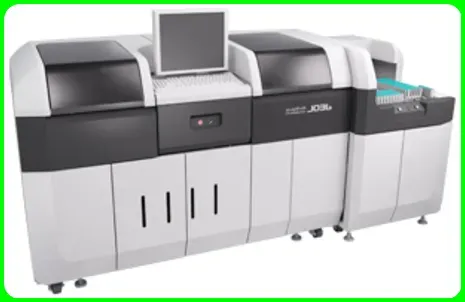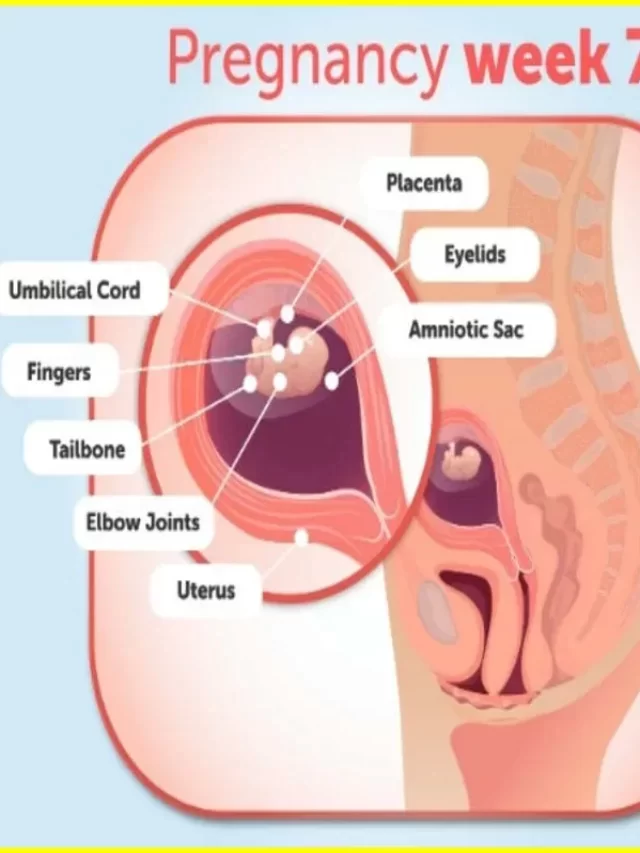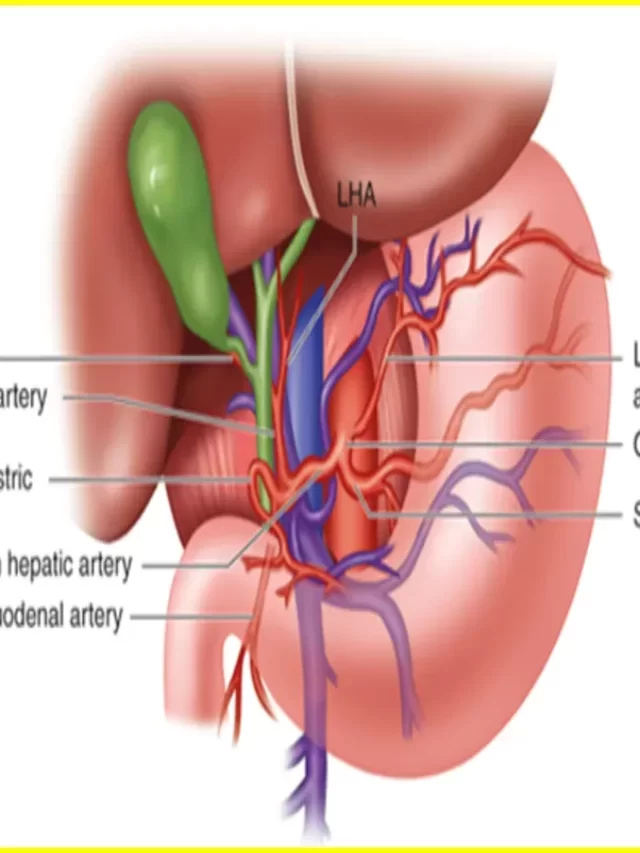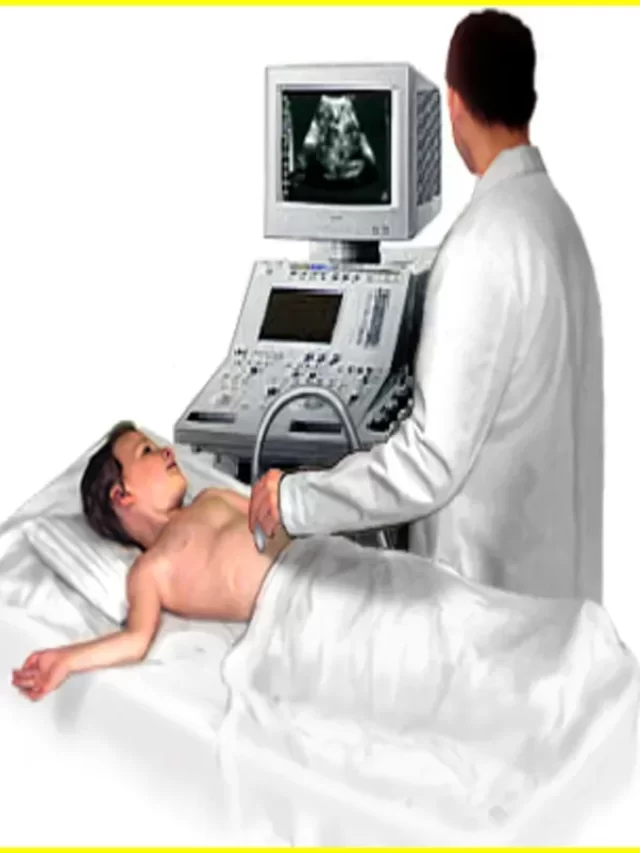Table of Contents
- How to work Fully automatic Biochemistry analyzer
- What is Biochemistry analyzer?
- How does Biochemistry analyzer work?
- What is Lambert Beer’s law explain?
- What are the applications of Beer-Lambert law?
- How to use Biochemistry analyzer?
- lehninger principles of biochemistry
- biochemistry jobs
- biochemistry definition
How to work Fully automatic Biochemistry analyzer
Biochemistry analyzer is a machine that is used to analyze biochemical reactions in a laboratory. It is used in many areas of scientific research and medical diagnosis.

Biochemistry analyzer is an automated device that performs the analysis of chemical analytical chemistry without human intervention. It is used to measure the concentrations of biochemical substances in a sample to give a result of the analysis.
Fully Automated Biochemistry Analyzers measure the concentration of certain proteins, enzymes, electrolytes, metabolites, or even drugs in the provided samples of urine, blood, serum, plasma, or other body fluids.
Article About:- Health & fitness
Article About:- Medical Technology
Article About:- IR News
Article About:-Amazon Product Review

What is biochemistry analyzer?
A Biochemistry analyzer is a type of device used to test the chemical composition of a sample of fluid, such as blood, urine, or saliva. It can also be used to test the chemical composition of a solid.
This device is different from a laboratory analyzer because it can be used to test for a broad range of chemical compounds.
How does Biochemistry analyzer work?
The Biochemistry analyzer works on the principle of using light to detect the presence of carbohydrates, proteins, and lipids in the sample.
In addition, it uses the principle of fluorescence to determine the amount of these substances in the sample. The analyzer uses the principle of absorption to determine the concentration of these substances in the sample.
The analyzer works on the principle of iontophoresis, which is the movement of ions through a membrane by the application of an electric field. The analyzer also uses the principle of electrochemistry to determine the amount of these substances in the sample.
What are the basic differences in between semi and Fully automatic biochemistry Analyzer
| Fully automatic Biochemistry analyzer | Semi automatic Biochemistry analyzer | |
| Sampling | The fully automatic biochemistry analyzer has an automatic sampler to automatically add whole blood cartridges of serum. | Semi auto analyzer requires manual addition of samples |
| Number of samples | fully automatic biochemistry analyzer has 250-350 samples each time | semi auto analyzer has 30-40 samples |
lehninger principles of biochemistry
What is Lambert Beer’s law explain?
The Beer-Lambert law states that there is a linear relationship between the concentration and the absorbance of the solution, which enables the concentration of a solution to be calculated by measuring its absorbance.
What are the applications of Beer-Lambert law?
Applications. Beer-Lamberts law is applied to the analysis of a mixture by spectrophotometry, without the need for extensive pre-processing of the sample. Examples include the determination of bilirubin in blood plasma samples. The spectrum of pure bilirubin is known thus the molar absorbance is known.

How to use Biochemistry analyzer?
A Biochemistry analyzer is a device that is used to measure the level of various substances in the body. The device can also measure the levels of these substances in the blood and urine.
The analyzer is designed to be used by a healthcare professional. However, it can also be used by individuals without a medical background. The device is typically used to measure the levels of sodium, potassium, calcium, and chloride in the blood. It can also measure the levels of glucose, cholesterol, and triglycerides in the blood.
Fully automatic Biochemistry analyzer Advantage and Disadvantage
| Advantage | Disadvantage |
| Timely and accurate analysis of samples. | Space requirement and infrastructure constraints. |
| Provides reliable diagnostic information. | Higher costs on the short term. |
| Improves wellness and patient care. | Increased generation of noise, heat and vibrations. |
| Improves the level of medical industry. | |
| Fosters product innovation. | |
| Optimizes time-consuming testing and analytical processes. |
What is Biochemistry Definition
Biochemistry analyzers are used to determine the concentrations of different types of chemical compounds. They are usually used in laboratories, hospitals, and research centers.
These analyzers are usually quite expensive, but they are worth the investment.
Biochemistry Jobs
Biochemistry can lead to a broad range of related your careers, so it’s the perfect choice if you and your friends are unsure of what your future looks like at the moment. You could work in a research lab, product development, healthcare or forensics among many other fields.

Fully automatic biochemistry analyzer
It is used to measure the concentrations of biochemical substances in a sample to give a result of the analysis.
Ultrasound scans: how do they work -Purpose, Procedure, Preparation in 2022






















